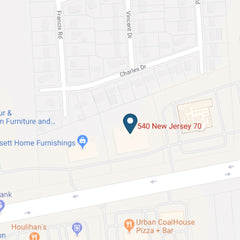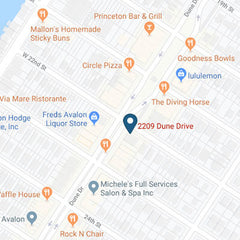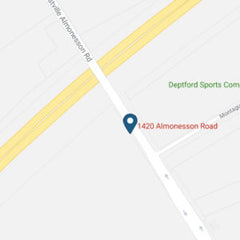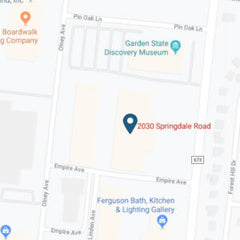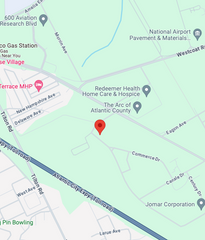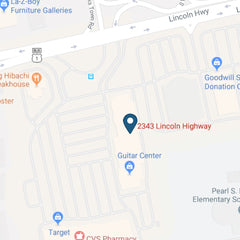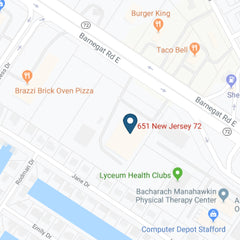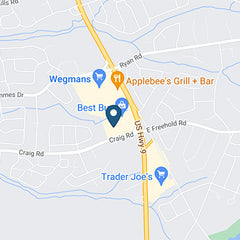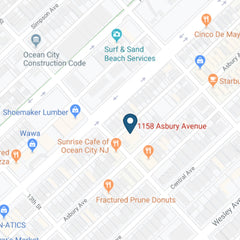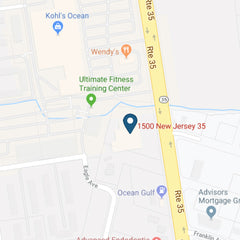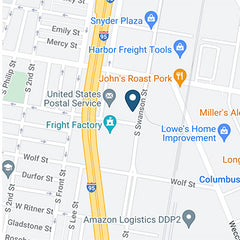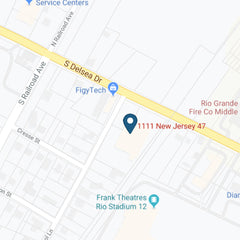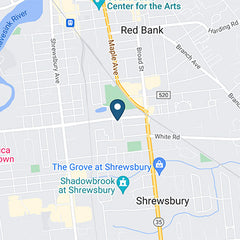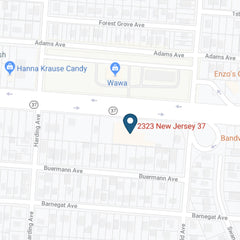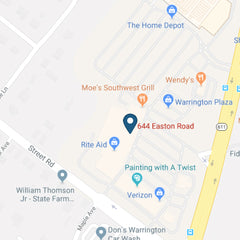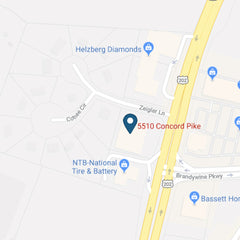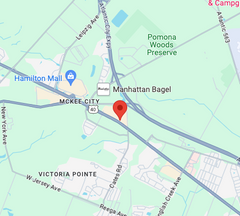There are many flooring options out there, but nothing beats the warmth and charm of a wooden floor. It has a long tradition of luxury and a timeless beauty. If you're thinking about buying one but are put off by the potential wear and tear and high maintenance, another option to consider is engineered hardwood flooring. What is engineered flooring and how do you successfully shop for it? We have some important and helpful essentials to keep in mind so you pick the perfect kind for your home.
What is Engineered Wood Flooring?

Unlike conventional hardwood, which comes straight out of a tree and into your home, engineered hardwood flooring is a more complex product that consists of several layers. The outermost layer is a hardwood veneer, which is a thin slice of wood (about less than 1/8") of whatever species you prefer. The inner layers are made of plywood, high-density fiberboard or hardwood. The core layers make the product more stable than regular solid hardwood, while the outer veneer layer adds beauty and authenticity. To learn more about the difference between solid and engineered hardwood, check out our other blog here.
Since their invention in the 1960s, engineered hardwood floors have improved in appearance and performance. They are available in dozens of wood species, and now with new surface effects, such as hand scraped, these boards now look just right in any style house, whether it's a vintage, 70's retro style, or even contemporary!
Now that you know what engineered flooring is, let's dig deeper and get into the pros and cons.
Pros of Engineered Hardwood
Engineered wood flooring is designed to reduce the moisture problems associated with solid hardwood. Its layers block moisture and provide extra stability to your floor. It will also not swell or warp, which makes it very low maintenance.
Not only are there simple advantages, but engineered hardwood flooring is also known for being more environmentally-friendly than traditional solid hardwood for a few reasons.
- The veneer is sliced rather than cut with a saw, which means no sawdust is produced so that all of the tree's wood can be used. The sawdust produced when making solid hardwood boards is wasted wood (and can add up to a significant amount).
- The trees used for solid hardwood grow much more slowly than those used to make engineered wood flooring cores. This is because more surface area is produced to make the veneer. Also, installing traditional solid hardwood uses many times the amount of a slow growing tree. This makes the tree's replenishing time much longer.
Cons of Engineered Hardwood
There are actually very few drawbacks to this flooring option, however, this doesn't mean it's perfect or completely foolproof for every home design project.
- Comparable to solid hardwood in terms of cost, engineered wood floors are still considerably more expensive than other flooring options like carpet, laminate, and tile. That said, the biggest concern to avoid is makeshift or secondary engineered products or manufacturers.
- Veneers that are too thin will prevent sanding and refinishing opportunities that will double the lifetime of your floor. Also, too thin veneers that are poorly made can prematurely warp or fade the floor.
- Core layers must still be fashioned from high-quality wood. Some manufacturers try to cut corners by using fiberboard that may compromise the stability of your floor, which will lead to a low-rate floor.
Now let's get back into the positive factors of engineered hardwood flooring to consider, like the best places to use engineered flooring.
Where Can You Lay Engineered Wood Flooring?
Engineered wood flooring, unlike solid hardwood flooring, is suitable for basically every room in the house. It's perfect for high traffic areas, such as hallways and living rooms. Some engineered floors can even be safely used in spaces that solid hardwood isn't recommended, like bathrooms and basements which have higher than normal moisture levels.
FINISHES, SURFACES, AND THICKNESS
FINISHES: There are a number of finishes available on the market today. One kind is a brushed finish, which helps show the texture of the grain. Another is the distressed finish which gives it a nice antique look.
SURFACES: The surface treatment also varies. For instance, an oily surface brings out the grain of the wood but requires more care than lacquers. Lacquers come in matte and satin finishes. Matte lacquer gives a very natural look, and the satin finish increases the durability of the wood.
THICKNESS: The range of thickness for engineered wood ranges from 3/8" – ¾". If the flooring is thinner, then it can't be refinished, and depending on the traffic the space gets, its lifetime can last from 20-30 years. The thicker the flooring, the longer it will last. The top layer is the thicker part, which will help you to sand and refinish only about 2-3 times during its long lifetime. So, depending on if you go thicker and again the traffic your space goes through, it could even last 40-80 years. It's a win no matter what!
Cleaning and Maintaining Engineered Hardwood Floors

Another great thing about engineered hardwood is that it's supplied pre-treated and finished, so there's no need for sanding, oiling or varnishing so you can walk on it right away. To keep it looking fresh and new, here are some easy cleaning tips:
- Once it's laid, it should be treated like a solid hardwood floor by sweeping it or vacuuming it using a brush setting regularly.
- Make sure you mop up any spills that occur immediately.
- Clean it with a damp mop, but make sure you don't saturate the surface or allow it to become too wet because that can cause serious damage.
- To prevent damage and scratches, fit felt pads on pieces of furniture that might have to be moved across the floor.
- Also, keep in mind that heeled shoes will dent the wooden floor.
Engineered wood flooring has recently become a very popular choice. Now that we've discussed all the important factors to consider when shopping if you decide to have engineered wood as your flooring option for your home, rest assured you will be satisfied with its performance and longevity—even the special fact that it will add more value to your home like traditional solid hardwood!


